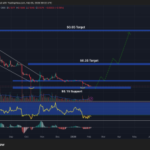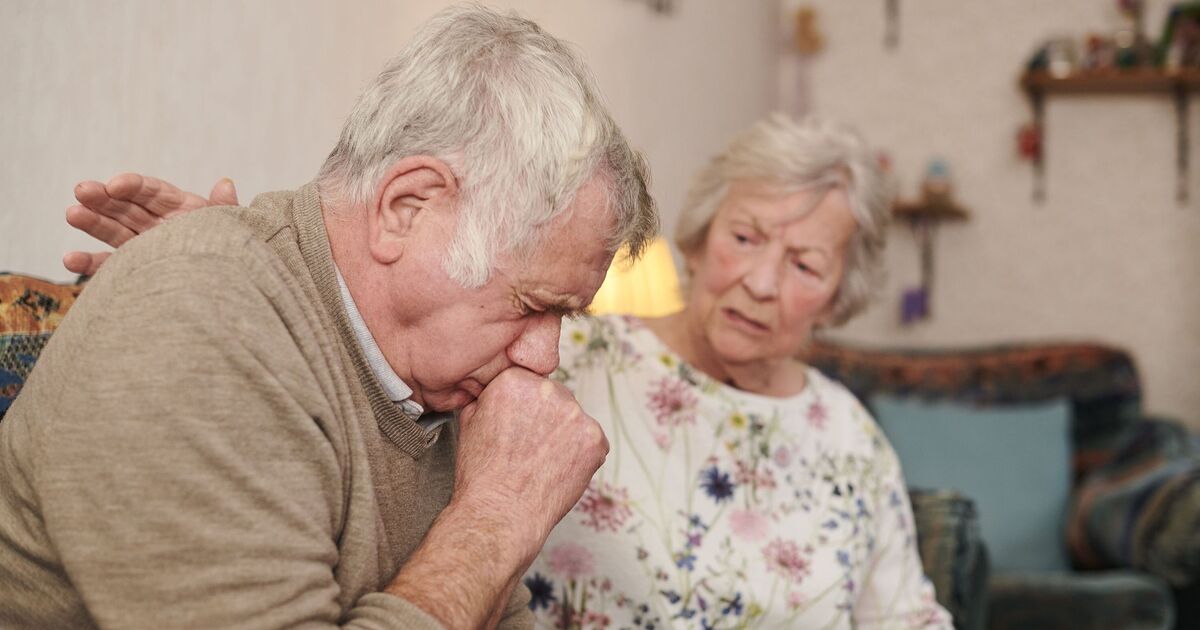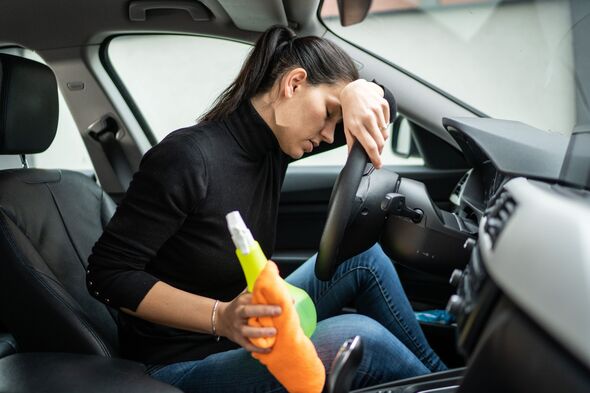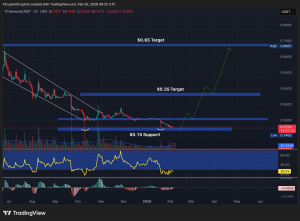
Millions of elderly individuals across the UK are eligible to claim up to £434 a month through the Department for Work and Pensions (DWP) Attendance Allowance, new data reveals.
By February 2025, over 1.6 million people over the State Pension age will be receiving this financial aid, designed to assist with daily living costs for those suffering from long-term illness, disability, or health conditions.
This crucial benefit aims to help people maintain their independence and continue living in their homes, offering support to those who face difficulties managing everyday tasks.
Attendance Allowance is a non-means-tested benefit that provides financial assistance to those with physical or mental health conditions severe enough to require daily help or supervision, even if they do not currently receive that help.
It helps cover personal care needs, such as assistance with dressing, eating, showering, or going to the toilet, and can be used to cover additional costs like paying for taxis, a cleaner, or even a gardener.
The allowance does not cover mobility needs, and eligibility is based on the level of care required during the day or night.
The benefit is paid at two rates:
- Lower rate of £72.65 per week (£290.60 every four weeks)
- Higher rate of £108.55 per week (£434.20 every four weeks)
This can amount to as much as £5,644.60 annually for those receiving the higher rate, depending on the level of support they need.
Claimants can spend the money as they see fit, which can be vital for maintaining independence at home.
To qualify for Attendance Allowance, individuals must be over State Pension age, have a disability, or a long-term physical or mental illness that requires help or supervision.
Eligibility is not based on income or savings, meaning that anyone who meets the criteria can apply, regardless of their financial circumstances.
Additionally, Attendance Allowance is tax-free, and receiving it does not impact other benefits like State Pension.
In fact, it can unlock access to further financial support, such as Pension Credit, Housing Benefit, and Council Tax Reduction.
Health Conditions Supported by Attendance Allowance
The DWP supports individuals with a wide range of health conditions. The following is a list of 48 conditions that are commonly eligible for Attendance Allowance, providing vital financial support to older people across Great Britain:
- Arthritis
- Spondylosis
- Back Pain
- Disease of the Muscles, Bones, or Joints
- Trauma to Limbs
- Visual Disorders and Diseases
- Hearing Disorders
- Heart Disease
- Respiratory Disorders and Diseases
- Asthma
- Cystic Fibrosis
- Cerebrovascular Disease
- Peripheral Vascular Disease
- Epilepsy
- Neurological Diseases
- Multiple Sclerosis
- Parkinson’s Disease
- Motor Neurone Disease
- Chronic Pain Syndromes
- Diabetes Mellitus
- Metabolic Disease
- Traumatic Paraplegia/Tetraplegia
- Major Trauma Other than Traumatic Paraplegia/Tetraplegia
- Learning Difficulties
- Psychosis
- Psychoneurosis
- Personality Disorder
- Dementia
- Behavioural Disorder
- Alcohol and Drug Abuse
- Hyperkinetic Syndrome
- Renal Disorders
- Inflammatory Bowel Disease
- Bowel and Stomach Disease
- Blood Disorders
- Haemophilia
- Multi-System Disorders
- Multiple Allergy Syndrome
- Skin Disease
- Malignant Disease
- Severely Mentally Impaired
- Double Amputee
- Deaf/Blind
- Haemodialysis
- Frailty
- Total Parenteral Nutrition
- AIDS
- Infectious Diseases (including viral disease such as COVID-19)
The application process for Attendance Allowance involves completing a detailed claim form, which can seem overwhelming at first.
However, assistance is available through organisations like Citizens Advice and Independent Age, which can help applicants navigate the paperwork and ensure all necessary information is provided.
If you are eligible for Attendance Allowance, you might also qualify for additional benefits, such as Pension Credit, Housing Benefit Reduction, and Council Tax Reduction.
Attendance Allowance does not affect your other benefits, such as your State Pension, nor is it reduced if you are still working or have savings.



















